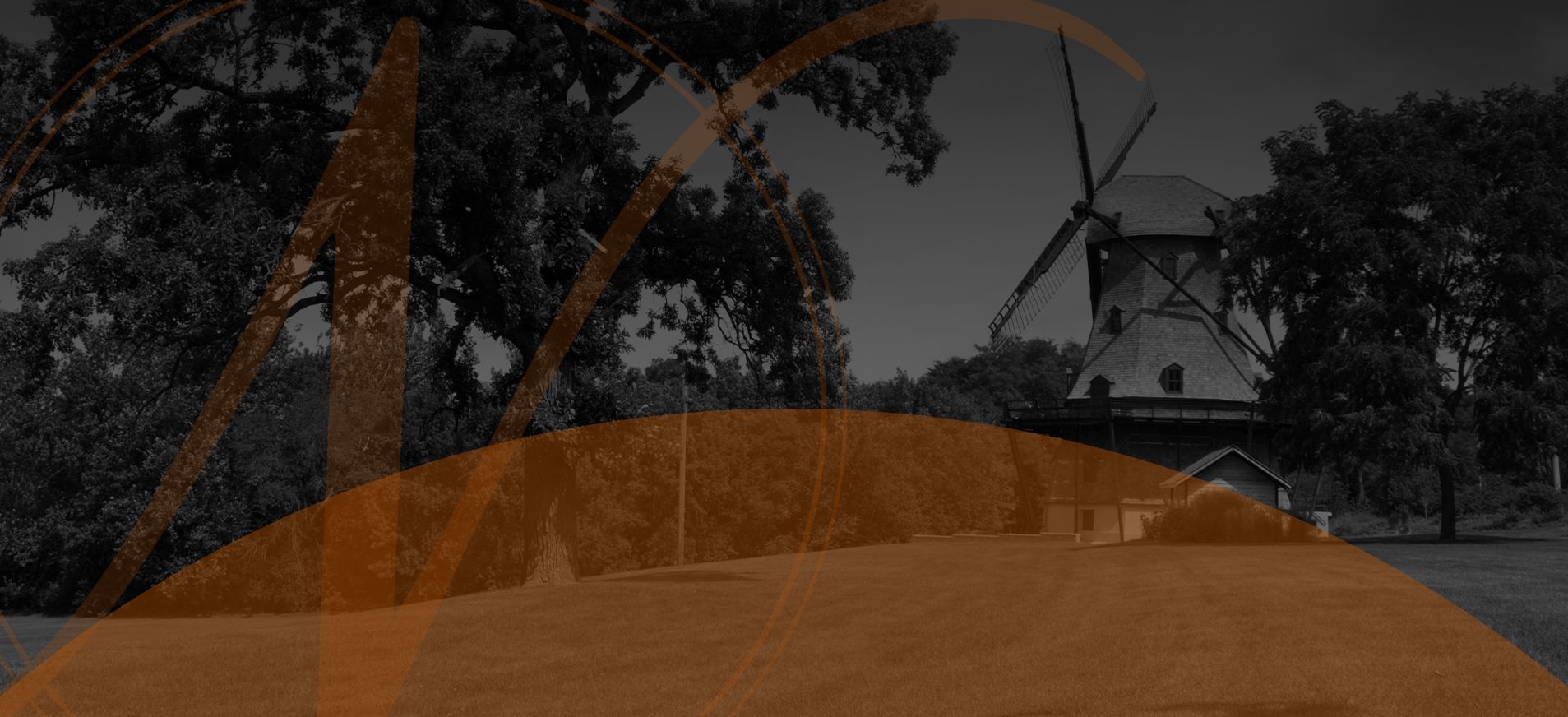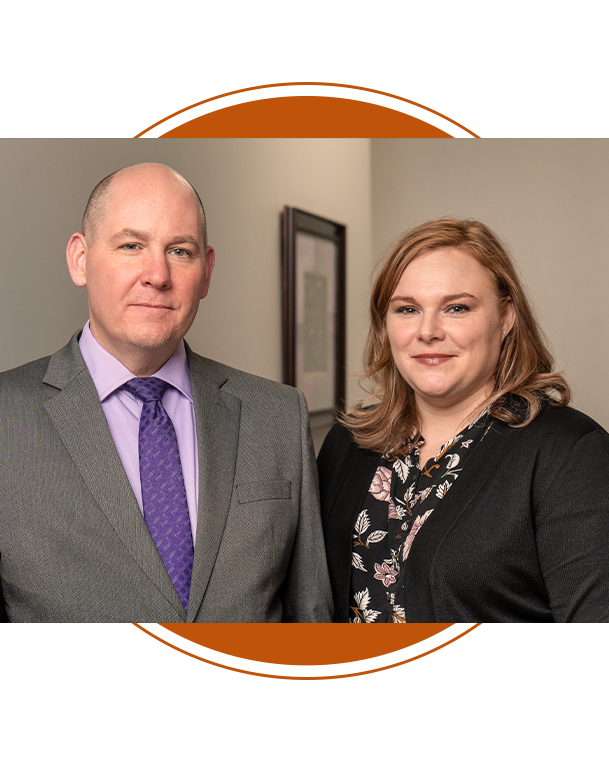

Combatting Charges of ILCS Disorderly Conduct
The Illinois Compiled Statutes or ILCS define what constitutes disorderly conduct Illinois as well as the charges for it.
An ILCS disorderly conduct misdemeanor is punishable by 30 days, 6 months, or even up to 1 year in prison, depending upon the specific misdemeanor classification. A wide range of crimes falls into the ILCS’s definition of disorderly conduct misdemeanors.
For instance, falsely reporting a disorderly conduct case of elder abuse or any other violation of the law is generally considered a Class B Misdemeanor. This charge typically receives a 6-month prison sentence.
Otherwise, falsely reporting a public-safety danger or creeping and peering into houses as a lewd peeper is considered and charged as a Class A Misdemeanor. These charges are punishable by up to 1 year in prison and carry fines of between $1,500 and $2,500.
Hiring a local attorney with experience in handling misdemeanor charges in Illinois can be beneficial.
Disorderly Conduct ILCS
Since disorderly conduct Illinois is not often considered a significant charge (often considered on par with a general traffic offense), people don’t always make the decision to retain legal counsel. These charges do, however, often have prison time and large fines as their consequence, so they should be taken seriously.
If you’ve been arrested for disorderly conduct, hiring a criminal defense lawyer familiar with such offenses is essential to remaining a free member of society rather than an incarcerated one.
Addressing 720 ILCS Charges
Disorderly conduct 720 ILCS charges can often result in a ruling of imprisonment for up to 30 days, six months, or one year, depending on whether the state charges the offense. Also, the state may impose a fine in a maximum sum between $1,500 and $2,500.
DUI and 720 ILCS Disorderly Conduct
Although a 720 ILCS disorderly conduct charge is generally considered a criminal offense, some of the causes may be considered benign by many. For example, public intoxication or sleeping on the street can receive a charge of disorderly conduct Illinois. However, the same charge also covers more dangerous behaviors, such as driving while under the influence.
A fee for disorderly conduct Illinois is going to have a punishment based on the circumstances of the offense. These can vary from a Class C misdemeanor with a sentence of 30-120 hours community service to a felony with jail time.
Possible 720 ILCS 5 1 3 Defenses
There are many possible 720 ILCS 5 1 3 defenses a local attorney will use. Depending on the circumstances, these include:
- Self-defense
- Defense of another person
- First Amendment right to freedom of speech
- Outrageous or entrapment police conduct
Public intoxication and driving while under the influence can often be defended by the right lawyer and under the right situations. Although driving drunk is never excusable, being under the influence of prescribed medication or having some medical issues can result in a false positive. The right Illinois lawyer can help you out.
Felony Disorderly Conduct Illinois
Felony disorderly conduct Illinois that triggers charges are generally a Class 3 or Class 4 felonies. A Class 4 Felony includes things like making a false report of a fire or a threat to a school. These are punishable by one to three years in prison.
A Class 3 Felony usually involves a bogus bomb threat. These are punishable by two to five years in prison and a fine of between $3,000 and $10,000.
Illinois Felony Disorderly Conduct for Businesses
Debt collectors who are charged with disorderly conduct face steeper fines because the acts are regarded as threats to a business and therefore they affect a larger percentage of the population.
Disorderly Conduct Illinois Charges
Disorderly conduct that is charged as a felony will likely result in an increased punishment. In fact, the sentence for a Class 4 felony may be three years, while a Class 3 felony can lead to a ruling of two to five. Additionally, a Class 3 felony disorderly conduct Illinois conviction may earn a fine between $3,000 and $10,000. For each ruling, state law requires an additional sentence of 30 to 120 hours of community service, as well. Hiring a skilled and sympathetic felony lawyer can help keep the repercussions lower.
Legal Definition of Disorderly Conduct Illinois
There are many actions that could potentially be charged. The legal definition of disorderly conduct includes acts, such as the following:
- Any irrational manner that alarms or disturbs another–Class C misdemeanor
- Anyone who falsely uses a fire alarm–Class 4 felony
- Those who transmit a false bomb alert –Class 3 felony
- Transmits a Danger of destruction of violence
- Injury to a school building or persons at a school–Class 4 felony
- Transmits a knowingly false report of a criminal violation to a police officer–Class 4 felony
- Transmits a false report to a public safety agency without reasonable grounds–Class A misdemeanor
- Calls 911 with the purpose of earning a knowingly false alert complaint–Class 4 felony
- Transmits a false report to the Department of Children and Family Services–Class 4 felony
- Transmits a false report to the Department of Public Health–Class B misdemeanor
- Transmits a false request for an ambulance–Class 4 felony
- Transmits a false report on under Article II of “An Act in relation to victims of violence and abuse” –Class B misdemeanor
- Harasses or intimidates an alleged Lien by Phone call–Business offense
Aggravated Disorderly Conduct Illinois Is a More Serious Offense
Although disorderly conduct is a criminal act that encompasses many illegal behaviors, aggravated disorderly conduct Illinois are those actions that receive felony charges.
For example, an Illinois man was recently charged after he stumbled through the roads of Palos Park looking for a friend’s St. Patrick’s Day party while he was eating potato chips, slamming doors, and shouting. His loud and obnoxious behavior disturbed the peace and was enough to be considered disorderly conduct.
Behavior that poses a threat to the protection of the others may also be considered disorderly conduct. For example, in 2018 Marion High School was placed under lockdown after a bomb threat. Though the threat was false, the fellow who caused it was arrested and charged with a felony for his behavior. Even pranks can result in charges. When a bad decision turns serious, contact a local criminal lawyer to improve your chances.
What Is Disorderly Conduct in Illinois?
What is disorderly conduct in Illinois? It actually is an expansive phrase that covers a wide array of criminal behavior. A knowledgeable Illinois attorney can answer any specific questions you have.
What Constitutes Illinois Disorderly Conduct?
In Illinois, disorderly conduct law prohibits disturbing the peace or engaging in conduct that alarms or disrupts others. For example, someone might disturb the peace by arguing or yelling in a public place.
Besides prohibiting specific conduct, the jurisdiction also makes illegal other specific acts because those acts could waste public resources or unnecessarily cause public fear or stress. Accordingly, Illinois jurisdiction laws include several other types of acts that qualify as disorderly conduct:
Disorderly Conduct Illinois Punishment
Disorderly conduct Illinois punishment is either a felony or a misdemeanor. The harshness of this action ascertains what criminal offenses are applied. Misdemeanors are typically charged for behaviors of an obnoxious and peace-disturbing nature, such as drunkenly roaming the streets and shouting.
Felonies are typically charged for behavior that poses a danger to the safety of others like making a bomb threat.
Illinois Disorderly Conduct Law
With so many seemingly random acts that are covered by Illinois disorderly conduct law, it is always advised to consult with a local lawyer for accurate and informed representation. Contact the attorneys at The Law Offices of Andrew Nickel, LLC for the most current legal advice.

Why Choose Us?
-
Local Lawyers Near You
-
Former Prosecutors That Have Your Back
-
Aggressive Representation
-
Personal Attention


